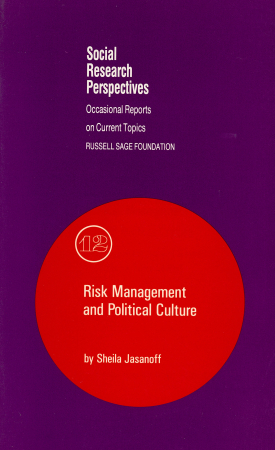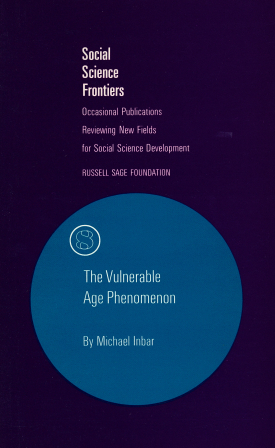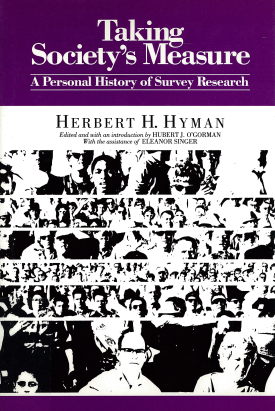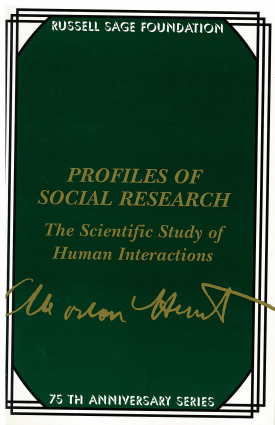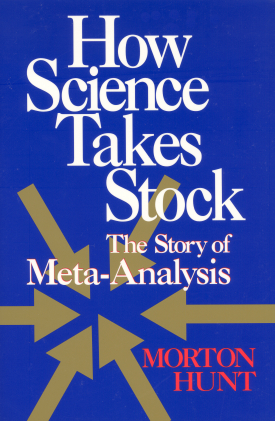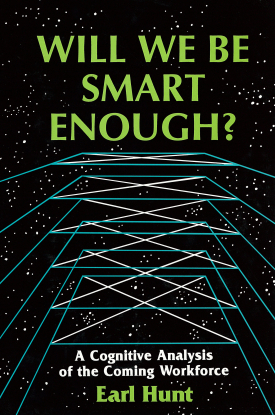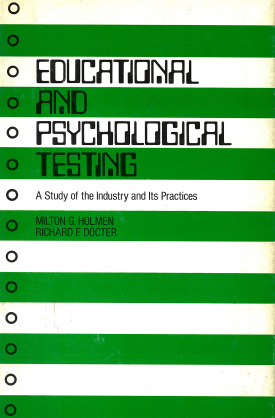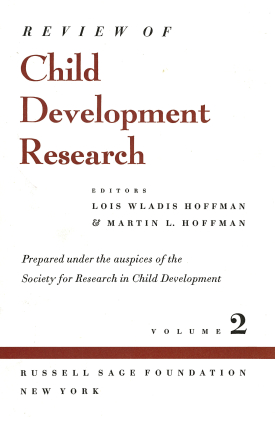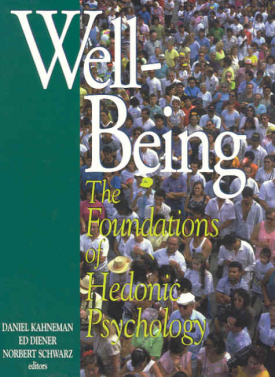
Well-Being
About This Book
The nature of well-being is one of the most enduring and elusive subjects of human inquiry. Well-Being draws upon the latest scientific research to transform our understanding of this ancient question. With contributions from leading authorities in psychology, social psychology, and neuroscience, this volume presents the definitive account of current scientific efforts to understand human pleasure and pain, contentment and despair.
The distinguished contributors to this volume combine a rigorous analysis of human sensations, emotions, and moods with a broad assessment of the many factors, from heredity to nationality, that bear on our well-being. Using the tools of experimental science, the contributors confront the puzzles of human likes and dislikes. Why do we grow accustomed and desensitized to changes in our lives, both good and bad? Does our happiness reflect the circumstances of our lives or is it determined by our temperament and personality? Why do humans acquire tastes for sensations that are initially painful or unpleasant? By examining the roots of our everyday likes and dislikes, the book also sheds light on some of the more extreme examples of attraction and aversion, such as addiction and depression.
Among its wide ranging inquiries, Well-Being examines systematic differences in moods and behaviors between genders, explaining why women suffer higher rates of depression and anxiety than men, but are also more inclined to express positive emotions. The book also makes international comparisons, finding that some countries' populations report higher levels of happiness than others. The contributors deploy an array of methods, from the surveys and questionnaires of social science to psychological and physiological experiments, to develop a comprehensive new approach to the study of well-being. They show how the sensory pleasures of the body can tells us something about the higher pleasures of the mind and even how the effectiveness of our immune system can depend upon the health of our social relationships.
DANIEL KAHNEMAN is Eugene Higgins Professor of Psychology and professor of public affairs at Princeton University.
ED DIENER is professor of psychology at the University of Illinois, Urbana-Champaign.
NORBERT SCHWARZ is professor of psychology at the University of Michigan, Ann Arbor, and senior research scientist at the Survey Research Center and the Research Center for Group Dynamics of Michigan’s Institute for Social Research.
CONTRIBUTORS: Michael Argyle, Jorge Armony, Howard Berenbaum, Kent Berridge, Ian A. Brodkin, John T. Cacioppo, Nancy Cantor. Anuradha F. Chawla, Martin W. DeVries, Aric Eich, Shane Frederick, Barabara L. Fredrickson, Nico H. Frijda, PPaul Frijters, Jose Gomez, Heidi Grant, E. Tory Higgins, Bartley G. Hoebel, Tiffany A. Ito, Micheal Kubovy, Randy J. Larsen, Huynh-Nhu Le, Joseph LeDoux, George Loewenstein, Richard E. Lucas, Gregory P. Mark, William N. Morris, David G. Myers, Susan Nolen-Hoeksema, Christopher Peterson, Emmanuel N. Pothos, Pedro V. Rada, Chitra Raghavan, John L. Reeves, Paul Rozin, Cheryl L. Rustig, Catherine A. Sanderson, Robert M. Sapolsky, David Schkade, James Shah, Saul Shiffman, Peter Shizgal, Arthur A. Stone, Fritz Strack, Eunkook Mark Suh, Bernard M. S. van Praag, Laura Vernon, Peter Warr.

